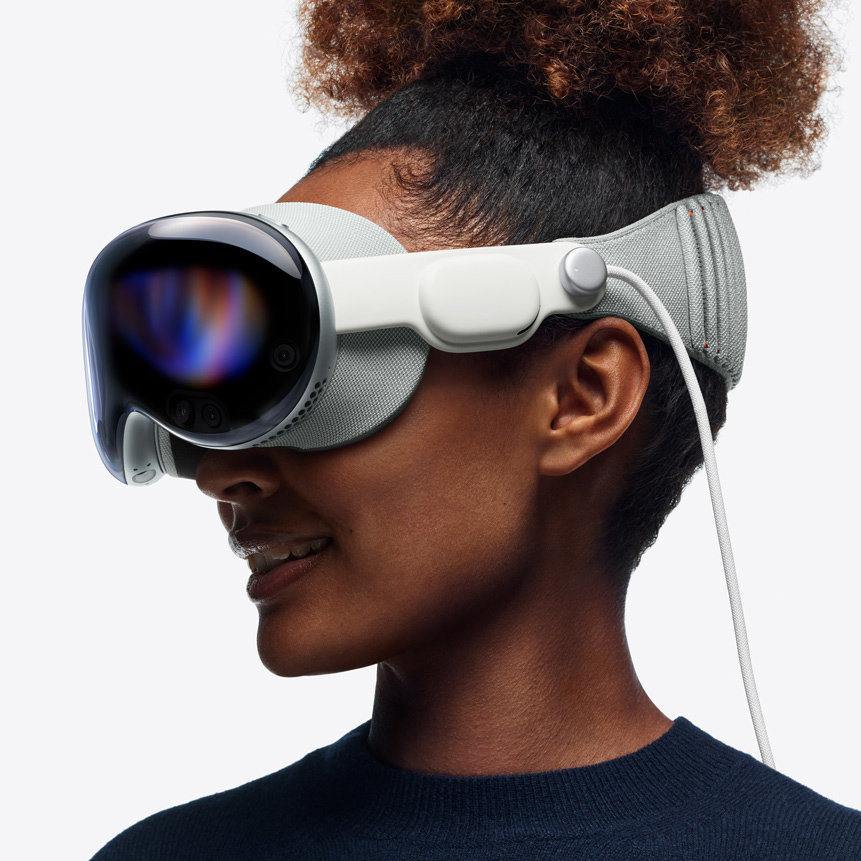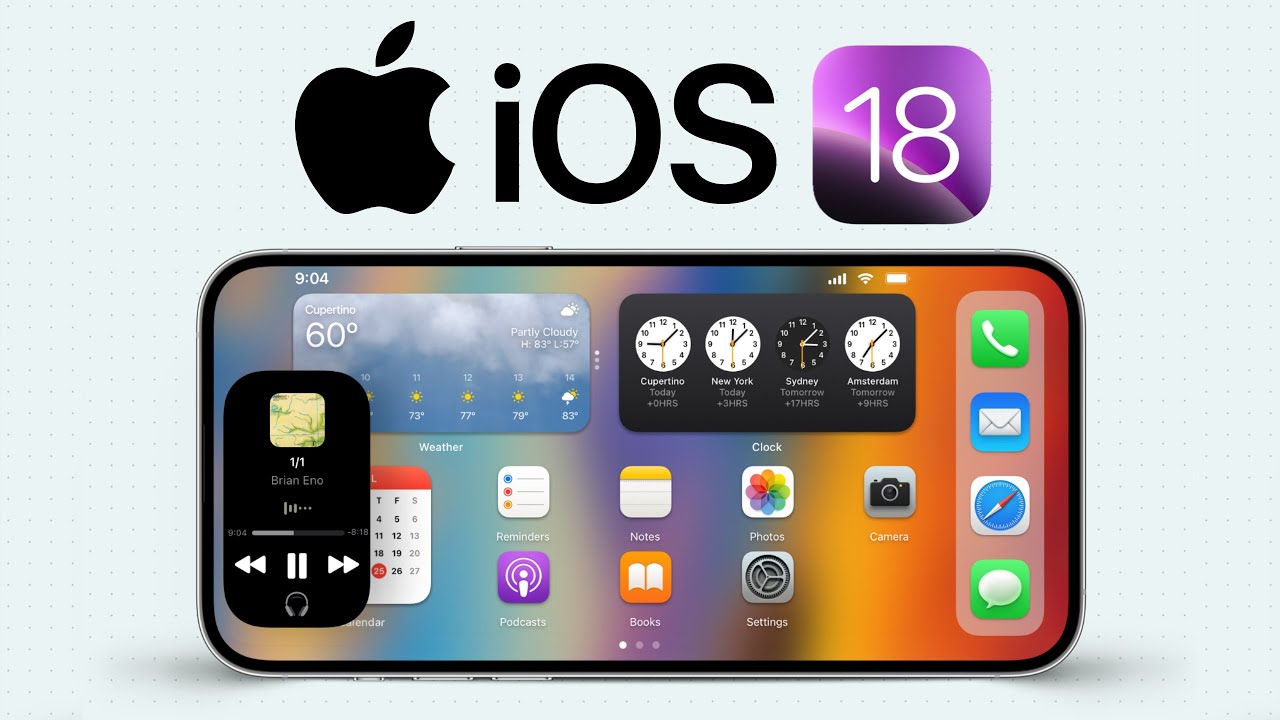· Morgan Richards · Tech News · 3 min read
Hidden cost of 'free' apps: the product is you
Free apps often come at the price of your data, privacy, and mental health. Learn how to protect yourself and reduce your digital footprint.

We all love free apps. Whether it’s a social media platform, a productivity tool, or a mobile game, the idea of downloading something useful or fun without spending a cent feels like a win for the consumer. But what if the real cost isn’t in dollars but in your data, your privacy, and even your mental health?
You’ve probably heard the phrase, “If something is free, then you are the product.” Let’s explore this in more depth.
There are two primary ways in which you become “the product” for free apps and social media platforms. First, ads are shown to you directly. The more time you spend scrolling or engaging with content, the more opportunities platforms have to serve you ads. Advertisers, rather than user purchases or subscriptions, are the primary revenue source for these apps and platforms. The companies buying the ads judge their effectiveness based on how many people see them, how many click on them, and how many subsequently sign up for an account or buy a product.
What this boils down to is that apps and platforms trying to maximise revenue can serve more ads, serve better-targeted ads, or keep users’ eyeballs on the screen for longer. This is why social media apps are designed to keep you hooked with infinite scrolling and carefully curated feeds, and mobile games are painstakingly engineered for maximum addictiveness potential. As covered in last week’s column, these digital addictions can pose a serious threat to your mental health.
Second, free apps collect and monetise your personal data. Platforms like Facebook, Instagram, and TikTok aren’t just connecting you with friends—they’re tracking your habits, interests, location, and even details like your device model and internet speed. This data feeds into algorithms that deliver hyper-targeted ads, increasing the chances you’ll click.
Much of this data is also shared with or sold to third parties. A 2021 study of the 100 most popular apps found that over half share user data with advertisers. Even simple apps, like weather or calculator tools, can collect and sell your information, creating what’s known as a “data profile.”
For most internet users, this is the status quo. But if you want to keep tighter control over your personal data, there are solutions. Disable cross-app tracking on your iOS or Android device. Use privacy-focused browsers like Firefox or Brave, and switch to DuckDuckGo instead of Google. Consider encrypted email services like ProtonMail and use a virtual private network (VPN) to mask your browsing activity.
Ultimately, while free apps seem convenient, they come with hidden costs. By taking small steps to protect your data, you can reduce your digital footprint and make your online activity harder to track. In a world where your information is currency, awareness and action are your best defences.



